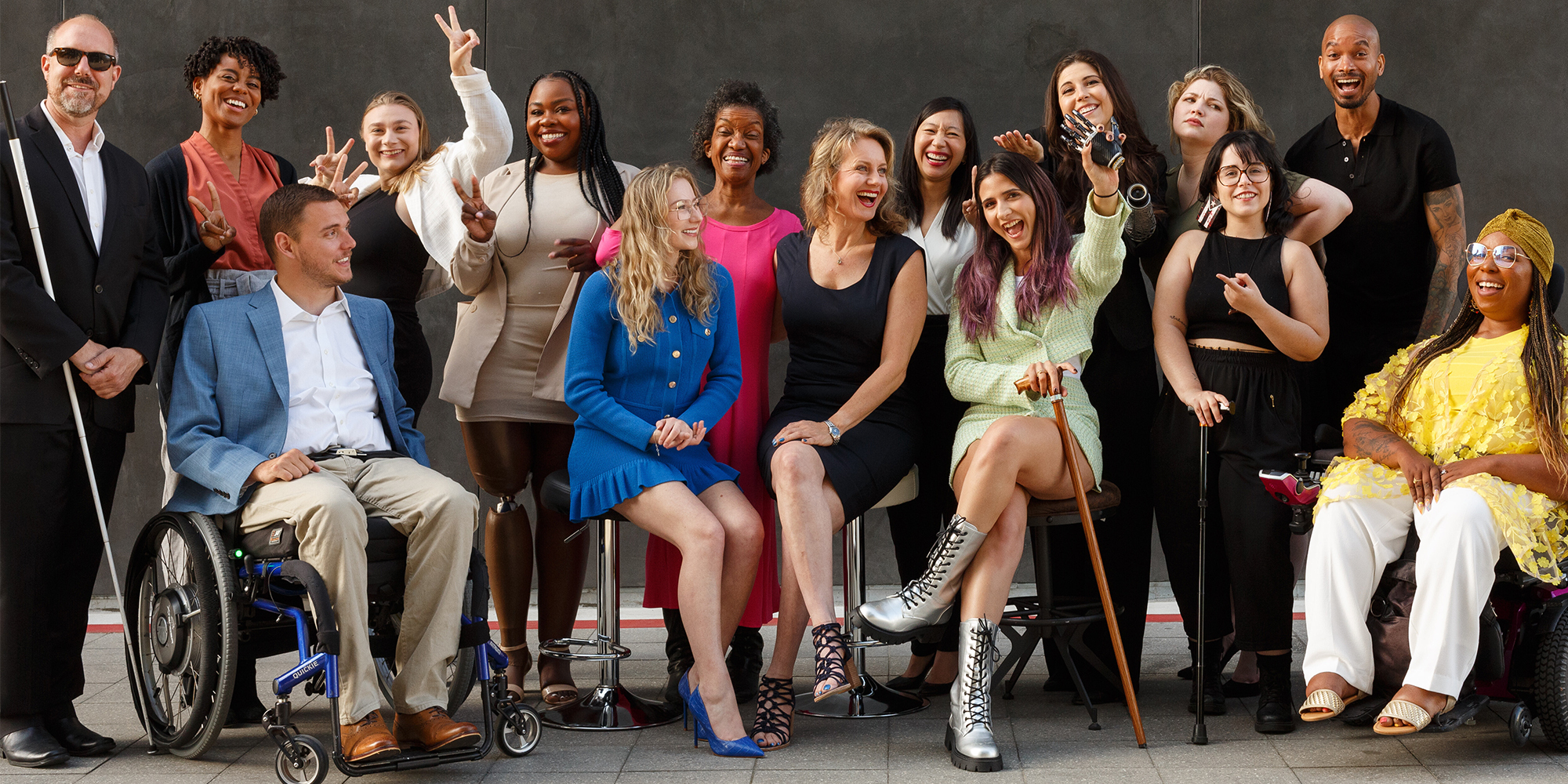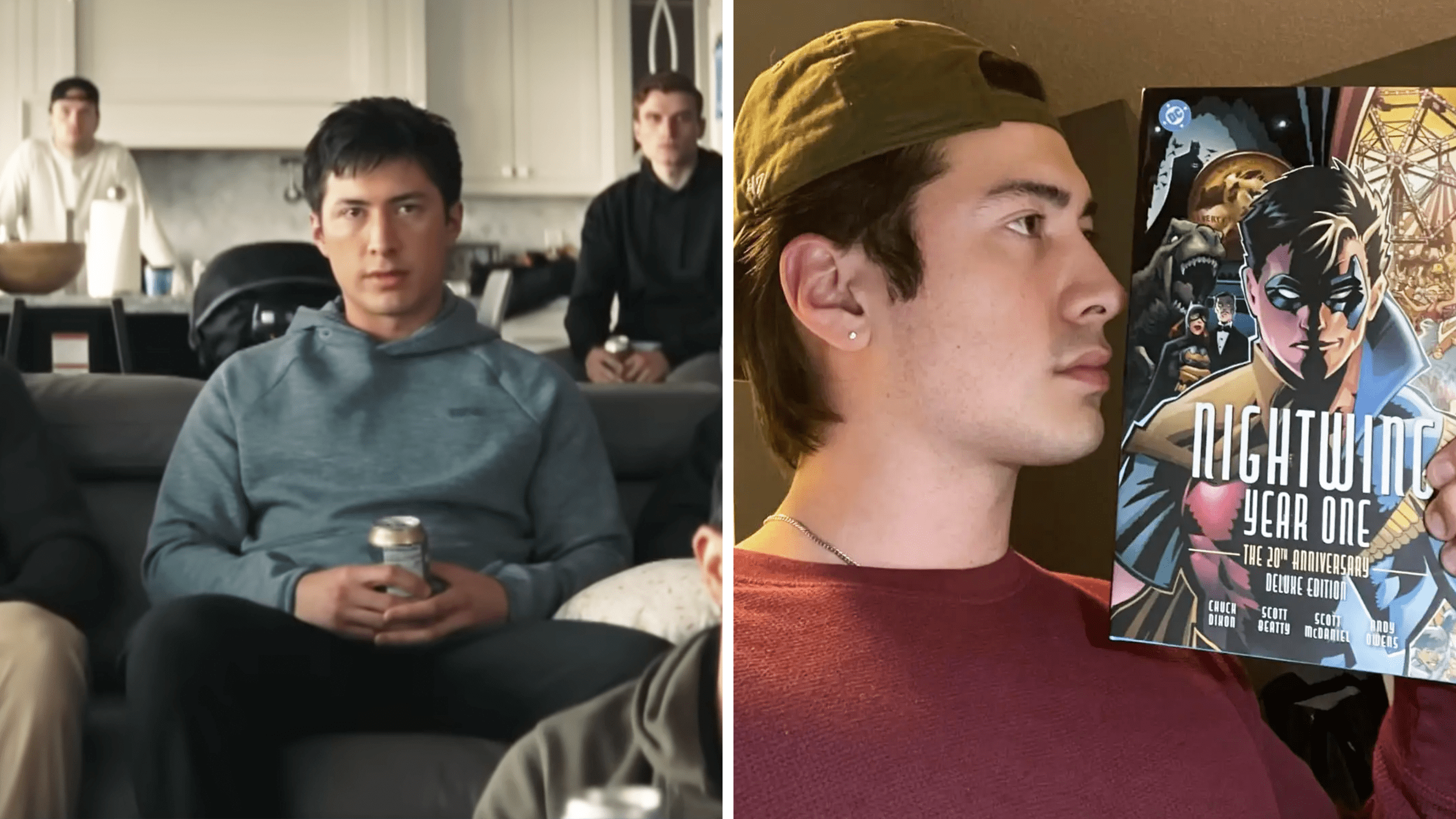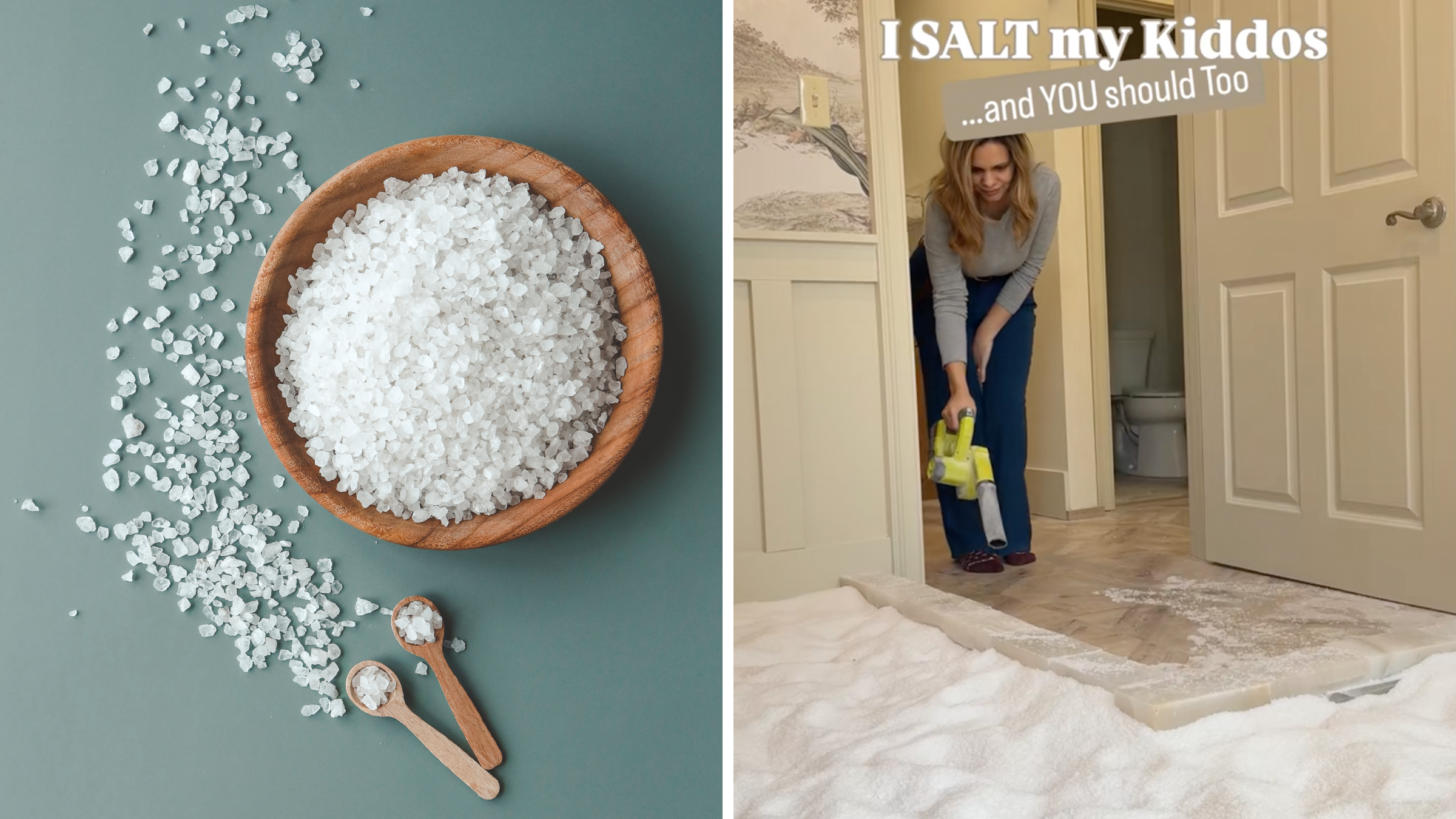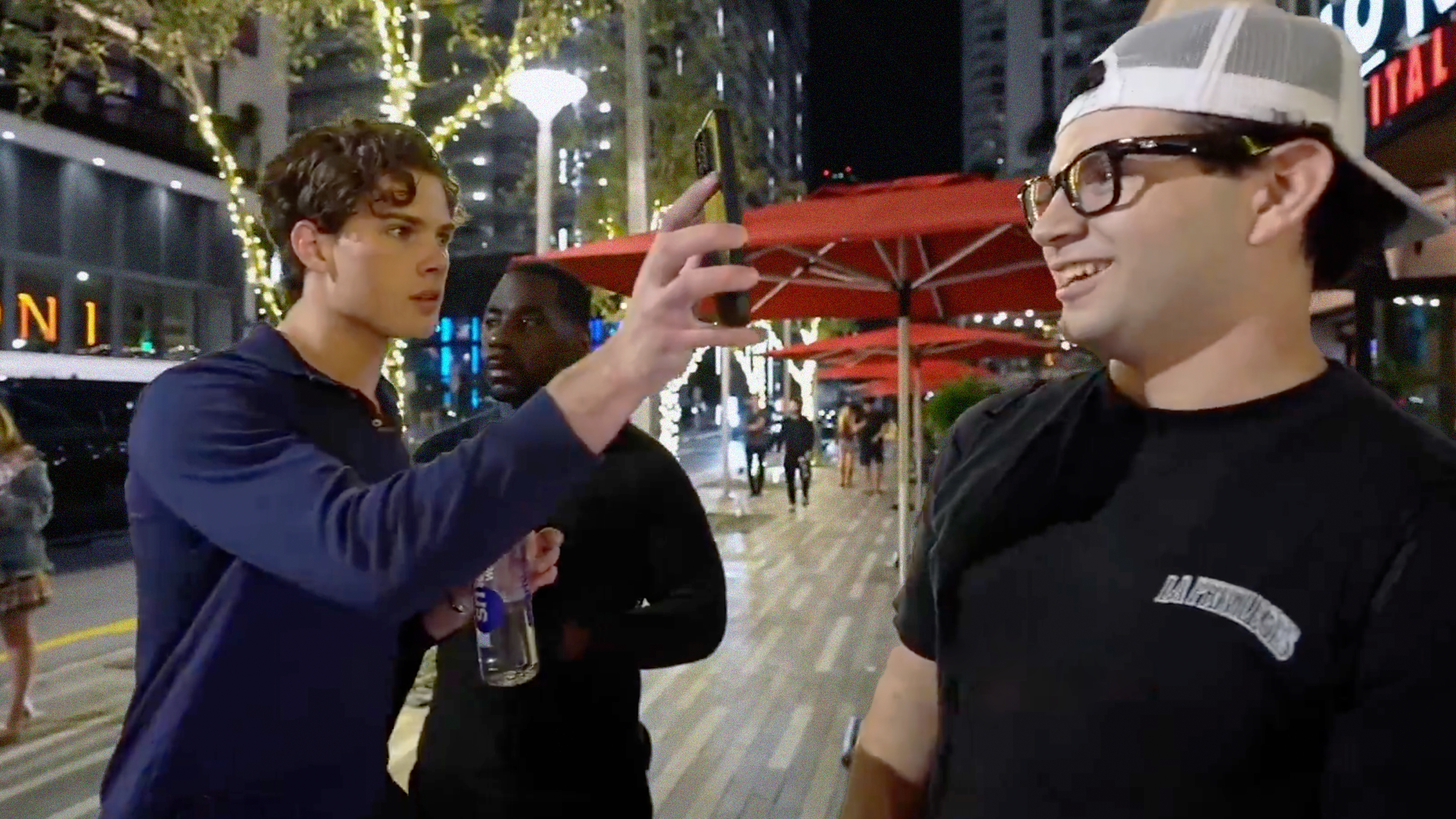We’re sitting down with leaders on the business side of the creator economy to get their best advice for creators looking to launch and develop their careers. This week, we spoke with Keely Cat-Wells, the founder and president of C Talent.
C Talent is a Disabled-led talent management and consultancy company that represents Deaf and Disabled creators, actors, directors, and writers. C Talent helps creators land brand deals, negotiate fair contracts, scale their businesses, and more. It also provides disability and accessibility consulting to high-profile brands. Recently, C Talent was acquired by Whalar, a well-known creator commerce and talent management company.
Cat-Wells told Passionfruit about her career and the inspiration for C Talent; accessibility in the creator economy and entertainment industry; her best advice for creators, and what Whalar's acquisition of C Talent means for the brand.
Keely Cat-Wells has received an impressive amount of awards for her entrepreneurship in the talent management world. She has been named a Forbes 30 Under 30 honoree, a One Young World Entrepreneur of the Year, a Diana Award winner, and an AdWeek Young Influential. She has received a massive amount of attention for her disability advocacy work, and has even served as an advisory board member to Lady Gaga’s Born This Way Foundation. She’s schooled huge brands on accessibility and representation, including doing consulting work with LEGO, the United Nations, Google, and Cannes Film Festival.
Cat-Wells told Passionfruit she got started in talent management in her early twenties, while in and out of the hospital being treated for a disability, helping college friends land creative gigs. She shared that being undiagnosed and misdiagnosed in a broken medical system informed her later choices as an entrepreneur to prioritize accessibility for her clients.
“Basically I came out of the other end of the hospital in a new body and realized the world was now no longer built with me in mind. It was a very big wake up call,” Cat-Wells described.
After leaving the hospital, Cat-Wells attempted to do a talent management internship, but unfortunately had to quit because the company did not offer remote work. After leaving, she decided to branch off and start working on her own company, C Talent, to provide a more flexible working environment and combat ableism.
“Ableism is the discrimination against Disabled people. That really is what kicked off C Talent, because I realized Disabled people usually don’t have access to option A or option B. So we have to create our own option C, and for me that option C was C Talent,” Cat-Wells said.
Since its inception, C Talent has scaled into a well-known Disabled-led talent management firm which represents 85 high-profile Deaf and Disabled talent—including content creators, actors, directors, and writers. C Talent has successfully negotiated contracts and landed brand deals for talent with mainstream business giants like Savage X Fenty, Hulu, About-Face, Disney, Google, Subaru, Nike, and more.
Alongside talent management, C Talent also consults brands on physical, sensory, communication, and cognitive accessibility. Cat-Wells spoke at length about the entertainment industry’s ableist physical infrastructure preventing creators from being able to share their talents. She also spoke about other challenges creators face in the entertainment industry, including negative stereotypes and a “disability is charity” mindset which implies Disabled people can’t or shouldn’t make money.
“I would often go into rooms with investors or potential stakeholders and they’d say, ‘you know what, I have a great idea, you should be a charity.’ I would hear that so often,” Cat-Wells described.
Cat-Wells said she thinks a lot of Disabled talent crave managers who are Disabled themselves, who can better understand their physical and emotional needs, because talent managers who represent Disabled clients but don’t specialize in disability and access often get things wrong.
“They don’t quite get the lived experience. You’ll sometimes see them only placing talent in disability-specific roles or disability-specific projects, but for us, our focus is to break the stereotypes,” Cat-Wells said.
Two influencers represented by C Talent, couple and vlogging duo Cole and Charisma, told Passionfruit about their struggles with “bad” managers, who ripped them off or didn’t understand their accessibility needs.
“When we had management that wasn’t really, you know, fighting for us the way C Talent does, it was very hard for us to request for accommodations to be made when a brand would come to us with certain ideas for content,” Cole described.
“Cole and I have been through a lot with management,” Charisma said. “My biggest advice is to not settle. Go with your intuition. If you don’t get good vibes from them, act on that…keep looking.”
“I would add to that, don’t let anybody pressure you. That’s what happened with our first bad management deal,” Cole said. “Be sure you have your attorney working with you to look at these contracts to make sure they aren’t screwing you—because they will.”
Cat-Wells says integrating specific accessibility needs into contracts is a huge part of what C Talent does for clients. She says the Americans with Disabilities Act and Equality Acts, which prohibit discrimination based on disability, just cover the bare minimum of accessibility—and many companies don’t abide by them anyway. Cat-Wells highly encourages all creators to get assistance looking at contracts before signing—either from a manager, or even just in a group chat with other creators.
Cat-Wells also said Disabled talent sometimes come to her with a limited view of what they can achieve because of their experiences with ableism. She said she always encourages people to think bigger on how they could scale their businesses.
“Create a 5 year plan. Create a big plan. Remind them and realize with them that every job that they do, every deal they take, is going to impact the next one,” Cat-Wells said.
Creator Paula Carozzo, a disability activist and influencer represented by C Talent, told Passionfruit how C Talent helped her grow her business. Carozzo said if a creator is lucky, a few brand deals a month can make for a decent living. But brand deals come and go, and for something truly sustainable, she said it’s important to expand into multiple income streams—for her, that’s writing and public speaking.
“For me it’s been like a leverage—this upstep in credibility, this upstep in diversifying my career, in diversifying my portfolio, in diversifying my income streams,” Carozzo said.
Recently, C Talent was acquired by Whalar, a large creator commerce and talent management company well-known amongst avid creator economy watchers. Cat-Wells said Whalar has worked with C Talent for a while on a variety of projects, and decided to accept their acquisition offer because of their push for accessibility and disability representation.
“We want disability representation integrated into all agencies, all management companies, all companies,” Cat-Wells said. “This step of getting disability integrated into the mainstream in this way with Whalar I think is a huge moment…For us, the goal is to change the way the world defines disability and to normalize Disabled people being experts in subjects beyond disability. And I think that in collaboration with Whalar, we’re so much closer to those goals than we would be on our own.”
Creators on the C Talent roster are also optimistic about the acquisition, saying that it’ll grant them access to more resources to further push for representation and opportunities for Disabled creatives.
“I think this Whalar acquisition of C Talent is a step up. Not only for C Talent, but it goes to show the industry the importance of having Disabled leaders, Disabled creators, on the front line of these decisions,” creator Carozzo said about the acquisition.
Are you an entrepreneur working in the creator economy? Email grace.stanley@fragmnt.com for a chance to get featured in an upcoming newsletter






